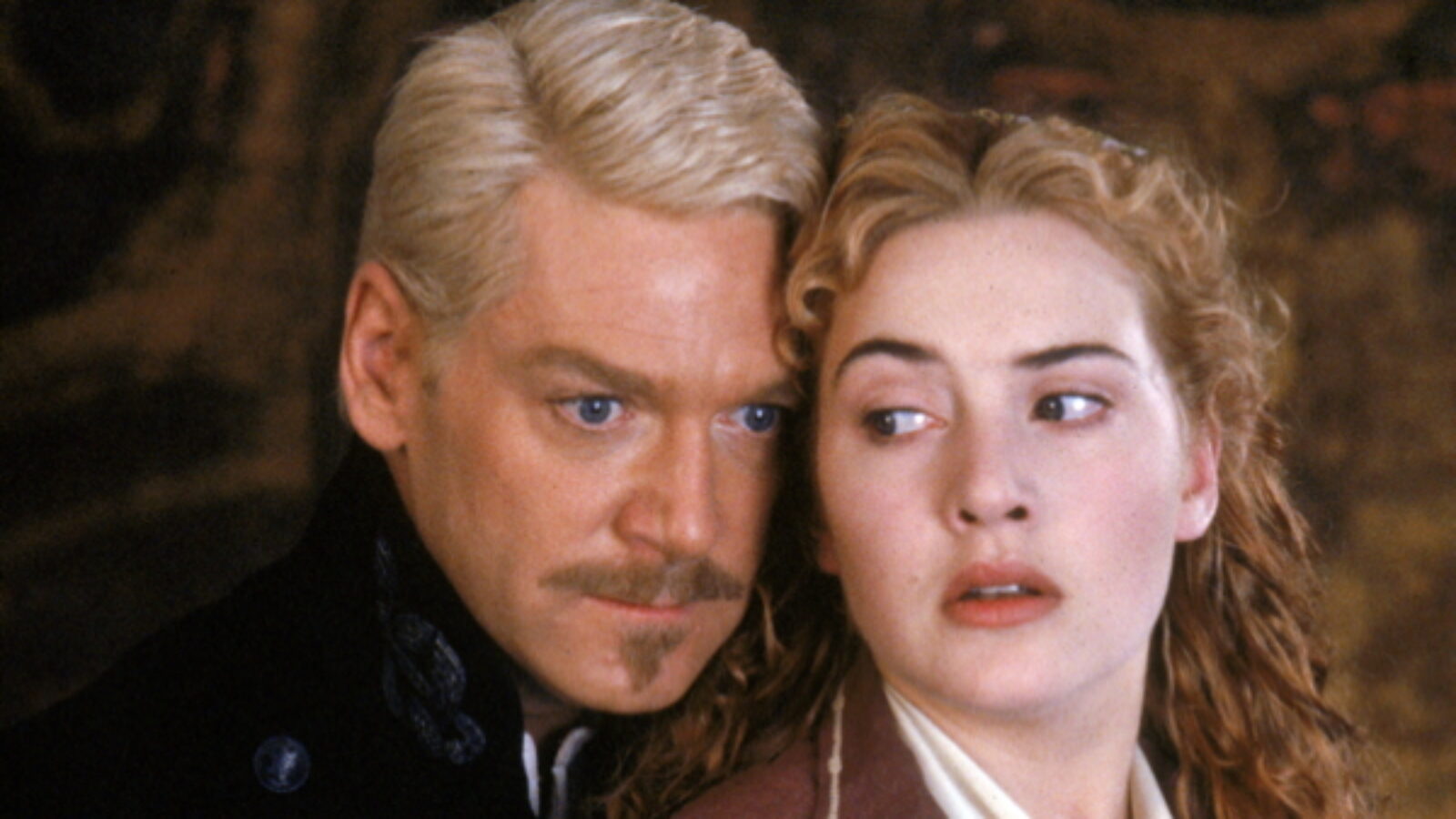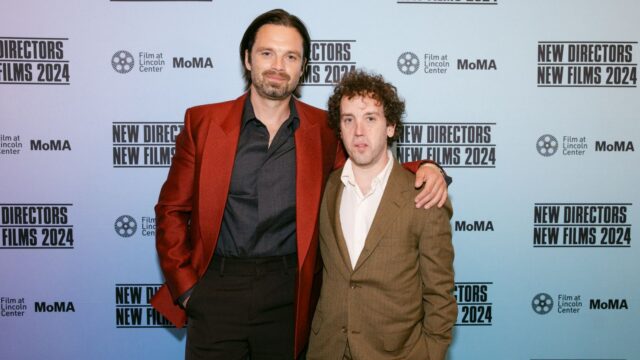Hamlet

Having established himself, with the Oscar-winning Henry V and Much Ado ABout Nothing, as the screen’s most consummate interpreter of the Bard after Laurence Olivier and Orson Welles, writer-director-actor Kenneth Branagh next decided to try for the heretofore unthinkable: a film version of Shakespeare’s longest—and arguably greatest—play, using the complete unabridged text as the source. The result is a glorious feast of a movie, updating the play’s setting to the 19th century and eschewing the dark, film noir look of previous Hamlet films in favor of bold, vibrant colors and visual pageantry. Branagh is superb as the troubled Danish prince, while the all-star supporting cast includes Julie Christie as Gertrude, Kate Winslet as Ophelia, Derek Jacobi as King Claudius, Robin Williams as Osric, and many more. Magnificently photographed in 70mm by the great Alex Thomson (Excalibur, Year of the Dragon), Hamlet was the last feature film shot entirely in that format until The Master in 2012. Nominated for four Academy Awards including Best Screenplay, Art Direction, Costume Design and Score.
“****. Hamlet is long but not slow, deep but not difficult, and it vibrates with the relief of actors who have great things to say, and the right ways to say them. And in the 70-mm. version, it has a visual clarity that is breathtaking. It is the first uncut film version of Shakespeare's most challenging tragedy, the first 70-mm. film since Far and Away in 1992, and at 238 minutes the second-longest major Hollywood production (one minute shorter than Cleopatra). Branagh's Hamlet lacks the narcissistic intensity of Laurence Olivier's (in the 1948 Academy Award winner), but the film as a whole is better, placing Hamlet in the larger context of royal politics, and making him less a subject for pity.
—Roger Ebert, Chicago Sun-Times






